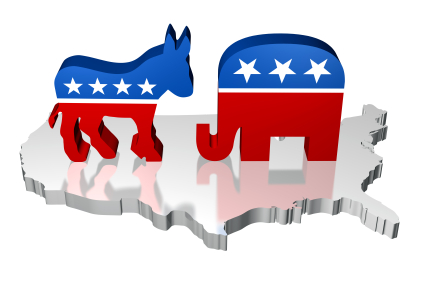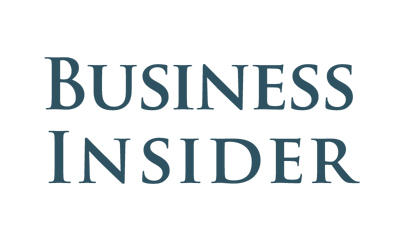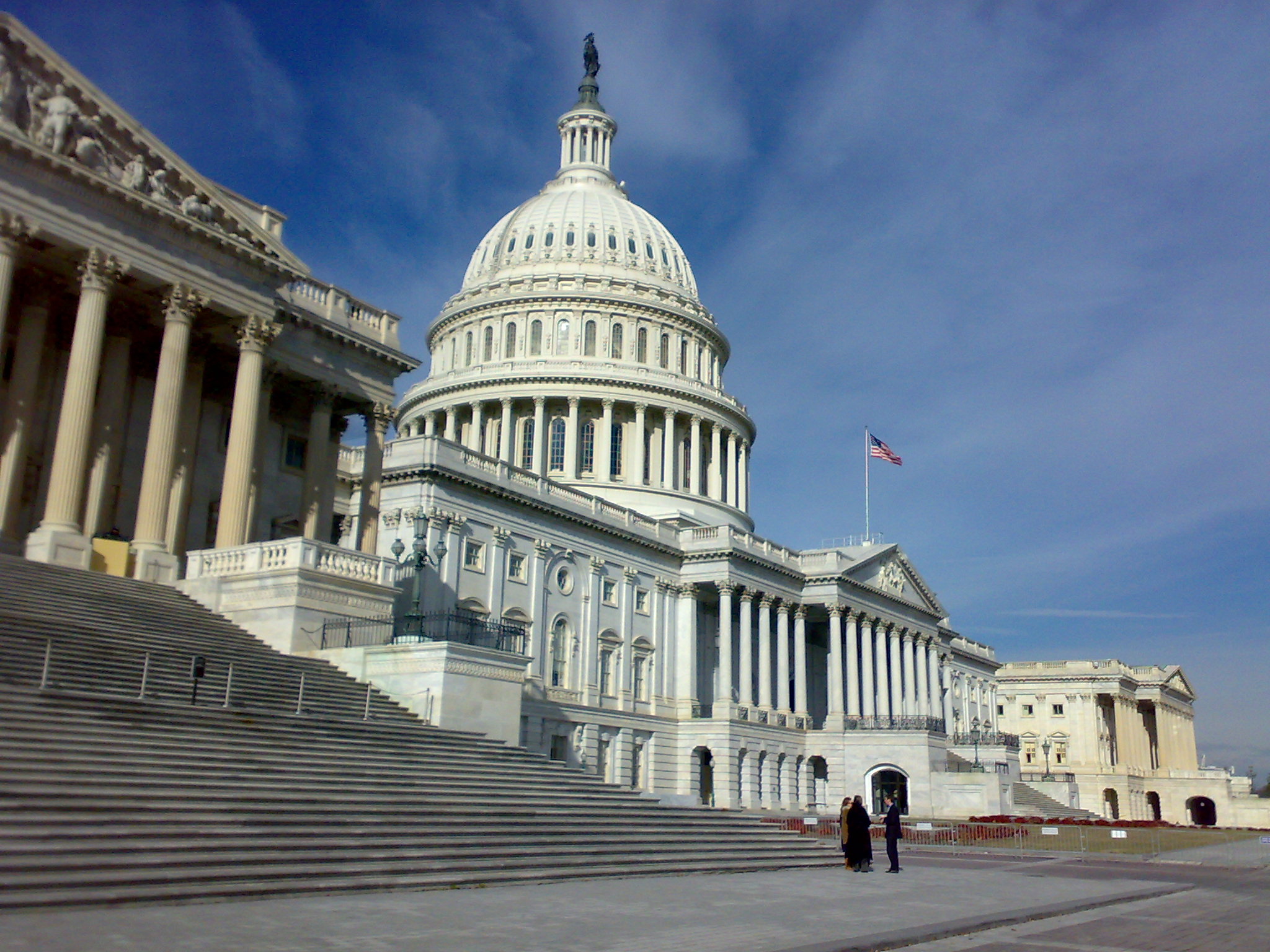Quants vs. Insiders.
If one looks at these two groups in a Venn diagram, there is certainly considerable overlap. But in the weeks leading up to the election, there appeared to be a chasm developing between pundits and many Washington “Insiders” on one side and those “election quants” who developed sophisticated statistical models of the 2012 electorate based on publicly available polling data on the other side.
We conducted an unscientific survey of friends and colleagues from across the political spectrum who work in the political consulting, lobbying, and public affairs arenas. Our two-question survey asked for a prediction on who would prevail in the race for president and a prediction on the Electoral College vote outcome. We received just over 100 responses. The partisan affiliation of our survey respondents was: 58% Democrats, 10.9% Republicans, 20% Independents, and 11.1% who did not specify a partisan affiliation. Here’s a quick summary of our two topline results:
- Most respondents predicted a significantly closer Electoral College finish. Interestingly, among those who indicated a major party affiliation (most did), only one person predicted an Electoral College win for the candidate of the other party: one Democratic operative who works with a large healthcare advocacy organization predicted Governor Romney would win the Electoral College with 277 electoral votes.
- Two individuals predicted the outcome of the Electoral College correctly (and each will receive a case of Port City’s award-winning Monumental IPA). Congratulations to:
- Les Francis, a widely-respected Democratic operative who served in the Carter White House, held senior positions on Capitol Hill, and served as director of the DNC and DCCC; and,
- Justin Wilson, a local Democratic activist and recently re-elected City Council member in the City of Alexandria.
Our two-question survey focused on predictions for the election, but what most are focused on now are the election’s implications for policymaking going forward. After a week of public analyses by news organizations and private analyses by many lobbying firms, our team has drawn two “macro” conclusions from the 2012 election results. The first is that Republicans will likely digest these results in the coming weeks and months and make rational decisions about a path forward – not unlike what the Democrats did following a string of defeats in 1988. We expect that this will include superficial to significant changes in the party’s positions over the last several years on issues such as immigration and tax reform, among others.
The most significant near-term takeaway from the 2012 election is the implications it has for public policymaking in the 113th Congress.
Implications of the 2012 Election for Policymaking
In mid-September, speaking before an event organized by Univision, the Spanish language television network, President Obama said something that Governor Romney and FOX News immediately seized upon as an epic gaffe. Responding to a question about his greatest failure during his first term, President Obama said, “The most important lesson I’ve learned is you can’t change Washington from the inside. You can only change it from the outside.”
President Obama suggested that change “from the outside” means getting more Americans involved in the process. “That’s how I got elected, and that’s how the big accomplishments like health care got done; it was because we mobilized the American people to speak out,” he said.
It’s clear that the President has learned from what he views as his greatest mistake during his first four years. He knows that engaging Americans in support of his policy initiatives during the 113th Congress is the key to his legislative success. From big issues like debt reduction, immigration reform, tax reform, entitlement reform, energy policy, and global climate change, to smaller issues that affect countless industries and constituencies, we predict that those who are going to be relevant in these discussions will have sizable, authentic and engaged constituencies that provide meaningful input to key policymakers. Those organizations that rely on expensive, but ultimately ineffective “Astroturf” or Potemkin Village-style tactics will be relevant at the margins, if at all.
Identifying, recruiting, and engaging advocates is hard work that requires sophisticated strategies and tools. That’s why after 20 years of developing successful advocacy campaigns, we developed DominionConnect™, the world’s leading Salesforce-based advocate relationship management platform and the Opinion Leader Network™, the world’s first online advertising network optimized specifically for public policy advocacy campaigns.
This year’s election quants were successful because their methodology relied on large – and largely accurate – data sets. Advocacy organizations will succeed in the 113th Congress by using evidence-based solutions, which are driven by objective, measurable and easy-to-understand strategies, tactics, and performance results.
















